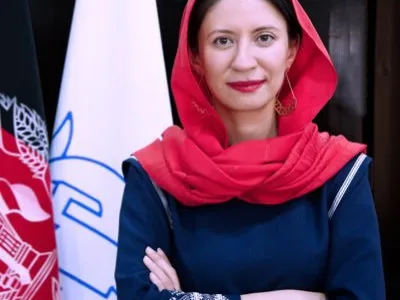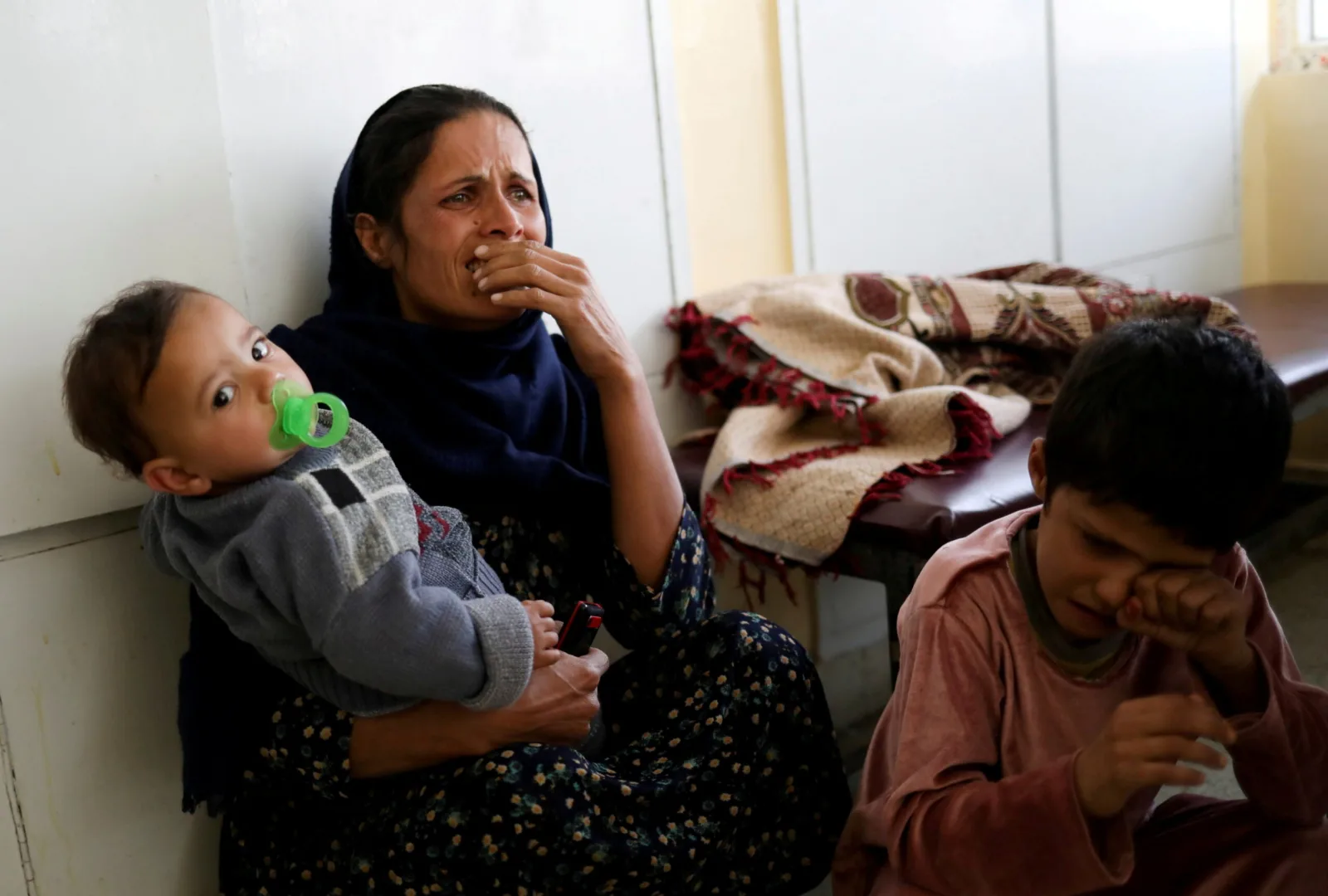Engaging with Afghanistan to Prevent a Humanitarian Disaster
Congress earmarked over $3 billion for the Afghan military prior to its collapse in August. Do we have similar determination to help the Afghan people as millions face starvation this winter? Since the last U.S. soldier departed Kabul, U.S.-Afghanistan relations have been relegated to backdoor diplomacy in order to avoid recognizing the Taliban. The $474 million the United States has pledged to distribute in Afghanistan thus far pales in comparison to what is needed to prevent mass famine, and the trillions of dollars America spent on war in Afghanistan. Four decades of war made Afghanistan’s economy aid dependent, with grants financing approximately 75 percent of public spending. Since the Taliban takeover, banks are running out of cash, and even Afghans with savings are unable to access their funds, as $9.5 billion in Afghan assets has been frozen by global powers attempting to keep cash away from the Taliban government. Join international humanitarian diplomat and Secretary General of Norwegian Refugee Council, Jan Egeland, International Crisis Group Asia Program Director and former diplomat Laurel Miller, and Shaharzad Akbar, the Chairperson of the Afghanistan Independent Human Rights Commission, for a panel that explores how the United States can engage with the Taliban and most importantly the Afghan people to prevent a humanitarian nightmare from unfolding this winter. The Quincy Institute’s Adam Weinstein will moderate.
Panelists

Shaharzad Akbar
Shaharzad Akbar is the Chairperson of the Afghanistan Independent Human Rights Commission. She was previously Deputy on the National Security Council for Peace and Civilian Protection. Shaharzad also worked as Senior Advisor to the Afghan President on High Development Councils (2017-2018), coordinating the prioritization of development projects and programs for high level decision-making. During 2014-2017, Shaharzad was Country Director for Open Society Afghanistan. She completed her MPhil at Oxford University as a Weidenfeld scholar in 2011 after obtaining her BA (cum laude) in anthropology from Smith College.

Laurel Miller
Laurel Miller is the Director of International Crisis Group’s Asia Program. Prior to joining Crisis Group, Laurel was a senior foreign policy expert at the RAND Corporation. From 2013 to mid-2017, Laurel was the deputy and then acting Special Representative for Afghanistan and Pakistan at the U.S. Department of State. Previously she was Senior Advisor to the Assistant Secretary of State for European Affairs, Senior Advisor to the U.S. special envoy for the Balkans, and Deputy to the Ambassador-at-Large for War Crimes Issues. She was directly involved in peace negotiations in Bosnia, Kosovo, and Macedonia. Laurel also served as Director for western hemisphere affairs at the National Security Council.

Jan Egeland
Jan Egeland is Secretary General of the Norwegian Refugee Council, overseeing the work of the humanitarian organisation in more than 30 countries affected by conflict and disaster. Egeland has a distinguished career in international work at the nexus of human rights, humanitarian crises and conflict resolution. Successive UN Secretaries-General have appointed him to take on some of the toughest challenges in the world, including Syria. From 2003 to 2006 he was the UN Under-Secretary-General for Humanitarian Affairs and Emergency Relief Coordinator. He was also among the initiators of the peace negotiations that led to the Oslo accords between Israel and the Palestine Liberation Organisation in 1993. In 2006, Time magazine named Jan Egeland one of the “100 people who shape our world.”

Adam Weinstein (Moderator)
Adam Weinstein is a Research Fellow at the Quincy Institute. He previously worked for KPMG’s international trade practice. Adam’s current research focuses on security, trade, and rule of law in Afghanistan and Pakistan. He is a member of the American Pakistan Foundation’s Leadership Council, and previously worked as senior law and policy analyst at the National Iranian American Council where he focused on the securitization of U.S. immigration policy and its effect on immigrant communities. He received a JD from Temple University Beasley School of Law with a concentration in international law and transitional justice. Adam served as a U.S. Marine and deployed to Uruzgan Province Afghanistan in 2012.
